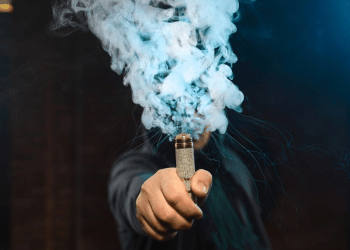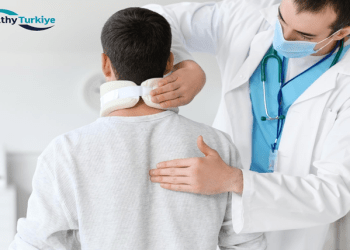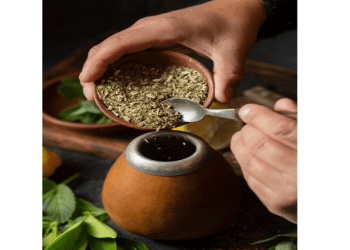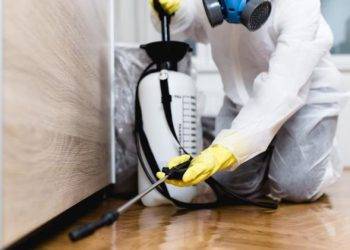Rosacea is a common, chronic skin condition that primarily affects the face, causing redness, visible blood vessels, and sometimes small, red, pus-filled bumps. The exact cause of rosacea is unknown, and there is no cure, but various treatments can help manage its symptoms.
Causes:
The precise cause of rosacea is not fully understood, but several factors are believed to contribute:
- Genetics: A family history of rosacea may increase the likelihood of developing the condition.
- Abnormalities in Blood Vessels: Abnormalities in the blood vessels of the face may contribute to flushing and redness.
- Demodex Mites: Some studies suggest that an overgrowth of microscopic mites on the skin, known as Demodex mites, may play a role.
- pylori Bacteria: In some cases, an infection with H. pylori bacteria in the gut has been associated with rosacea.
Symptoms:
- Facial Redness: Persistent redness on the central part of the face, especially the nose and cheeks.
- Visible Blood Vessels: Small blood vessels on the face become visible.
- Bumps and Pustules: Red bumps and pimples that may contain pus.
- Eye Irritation: In some cases, individuals with rosacea may experience dryness, itching, and burning sensations in the eyes.
- Enlarged Nose: In rare cases, especially in men, the nose may become swollen and bulbous (rhinophyma).
Triggers:
Various factors can trigger or exacerbate rosacea symptoms, including:
- Hot or spicy foods and drinks
- Alcohol consumption
- Temperature extremes (hot or cold)
- Sun exposure
Stress
- Certain medications
- Strenuous exercise
- Certain skincare products
Treatment:
1. Topical Medications:
- Topical Antibiotics: Metronidazole and azelaic acid can help reduce inflammation and redness. To know more visit a skin specialist like Umer Mushtaq.
- Topical Retinoids: May be prescribed to reduce inflammation and improve skin texture.
2. Oral Medications:
- Oral Antibiotics: Tetracycline, doxycycline, and minocycline can be prescribed for their anti-inflammatory properties.
- Isotretinoin: In severe cases, oral isotretinoin may be considered.
3. Laser and Light Therapy:
- Intense Pulsed Light (IPL): Targets blood vessels and can reduce redness.
- Laser Therapy: Helps reduce visible blood vessels and improve skin texture.
4. Skincare and Sun Protection:
- Gentle skincare routine using mild, non-irritating products.
- Sunscreen with high SPF to protect the skin from sun exposure.
Individuals with rosacea should work closely with a skin specialist to develop a personalized treatment plan tailored to their specific symptoms and triggers. Early intervention and consistent management can help control and minimize the impact of rosacea on the skin.


















